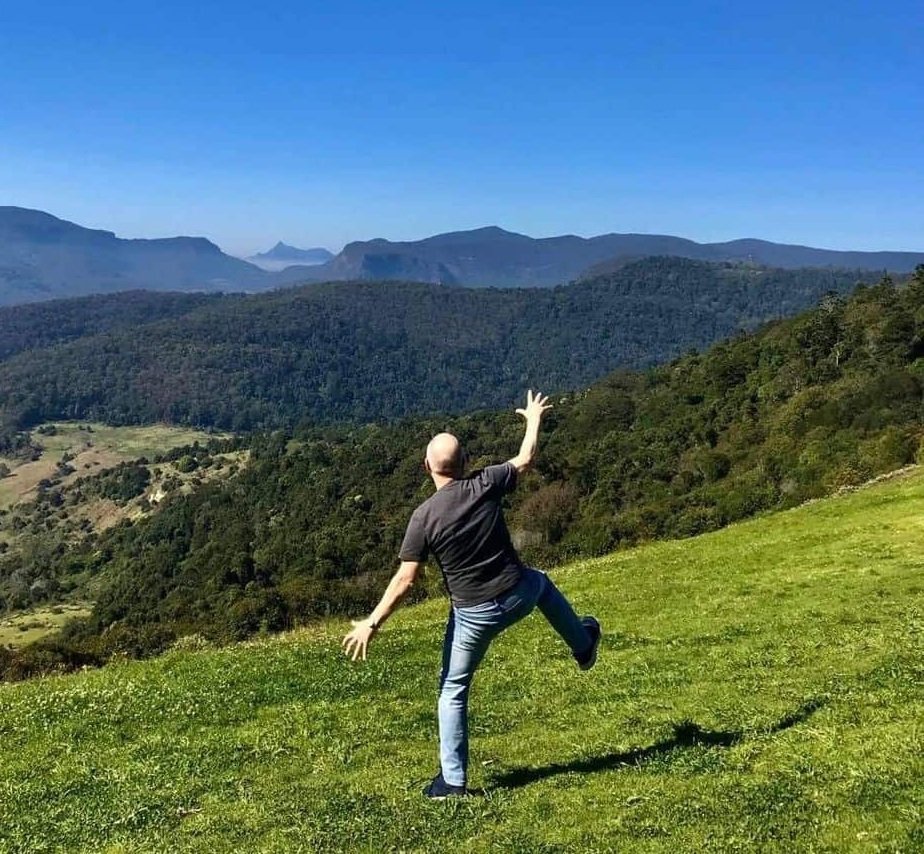The Psychology of Fun
By David Hennessy, Clinical Psychologist
The psychology of fun is a serious matter. There is a powerful link between playfulness and psychological well-being. Adults often drift away from the playful part of themselves. Many people tell me that life can feel heavy, structured, or predictable, which makes spontaneous fun feel distant. Evidence from psychology, neuroscience, and wellbeing research suggests that reconnecting with playfulness can support emotional balance, ease tension in the body, and strengthen social connection12.
Fun is not just an indulgence. It’s essential.
When you reconnect with your inner child, you often reconnect with parts of yourself that feel open, curious, and alive.

Child-Like Play and Adult Wellbeing
The psychology of fun highlights how playfulness connects closely with psychological health. As adults, responsibilities, routines, and expectations often take centre stage. The lively, curious, imaginative part of ourselves can drift into the background.
Research shows that playful activities help activate brain networks linked with reward, flexibility, emotional ease, and social engagement1.
The Cost of Losing Playfulness
When playfulness fades into the background, adults may experience reduced emotional flexibility, less engagement with enjoyable activities, and more tension in daily life13.
Why Intentional Fun Helps
Evidence suggests that playful activities stimulate endorphin release, support autonomic regulation, improve social connection, and encourage creativity23. These moments often help the mind settle into the present, which can gently reduce rumination and encourage grounded ease1.
Playfulness in Therapeutic Work
In clinical psychology, playfulness supports emotional expression, social engagement, and cognitive flexibility. Neuroscience research shows that play activates regions involved in exploration, learning, and perspective taking4.
Fun for Adults: A Forgotten Prescription
Research demonstrates that enjoyable activities support mental clarity, burnout recovery, and overall wellbeing5. Adults who revisit fun often notice renewed energy, creativity, confidence, and connection.
Enquiries / Appointments
Visit the contact page: https://hennessyclinicalpsychology.com/contact/
References
- Fredrickson, B. L. (2013). Positive emotions broaden and build. Advances in Experimental Social Psychology, 47, 1 to 53. https://doi.org/10.1016/B978-0-12-407236-7.00001-2
- Panksepp, J. (2010). The affective brain and core consciousness. Emotion Review, 2(3), 281 to 295. https://doi.org/10.1177/1754073910365410
- Proyer, R. T. (2017). A new structural model for playfulness in adults. Personality and Individual Differences, 108, 113 to 122. https://doi.org/10.1016/j.paid.2016.12.011
- Siviy, S. M. (2016). Play, resilience, and the regulation of fear. Behavioural Brain Research, 325, 272 to 279. https://doi.org/10.1016/j.bbr.2016.10.003
- Kuykendall, L., Tay, L., & Ng, V. (2015). Leisure engagement and subjective wellbeing. Social Indicators Research, 123, 1 to 29. https://doi.org/10.1007/s11205-014-0735-3



